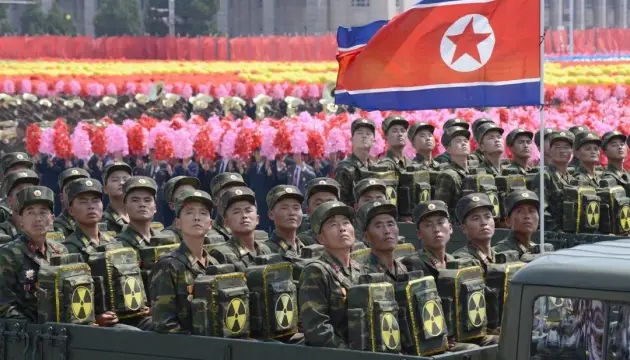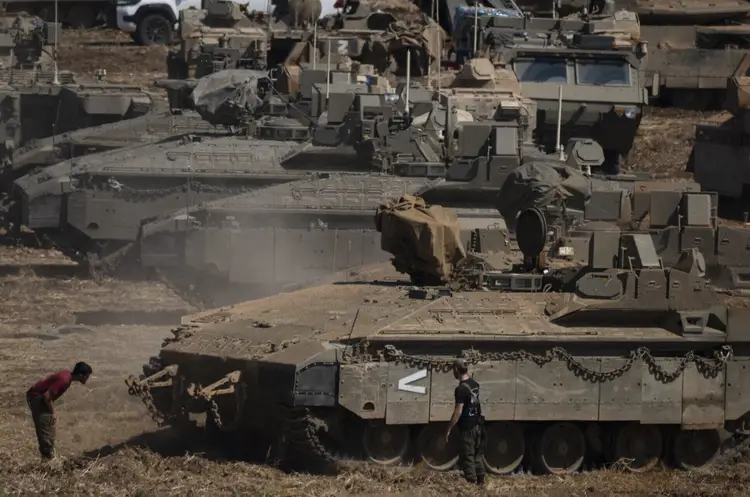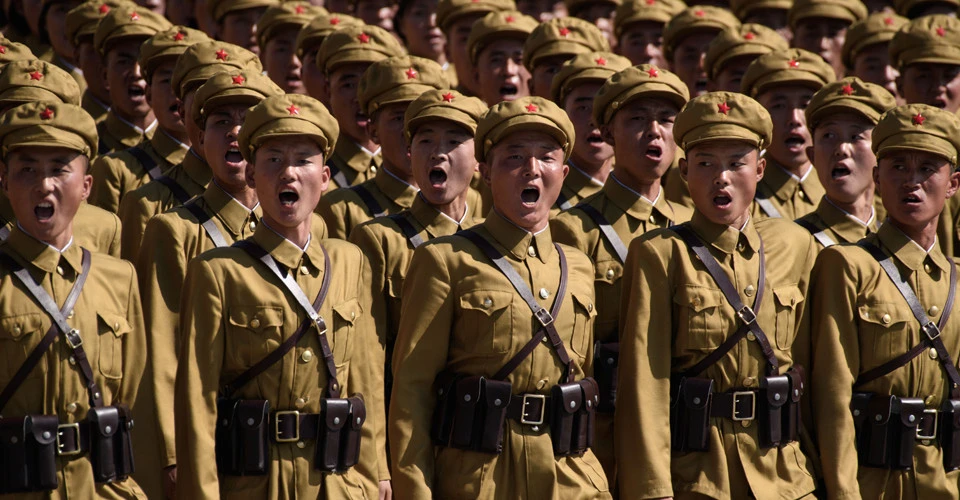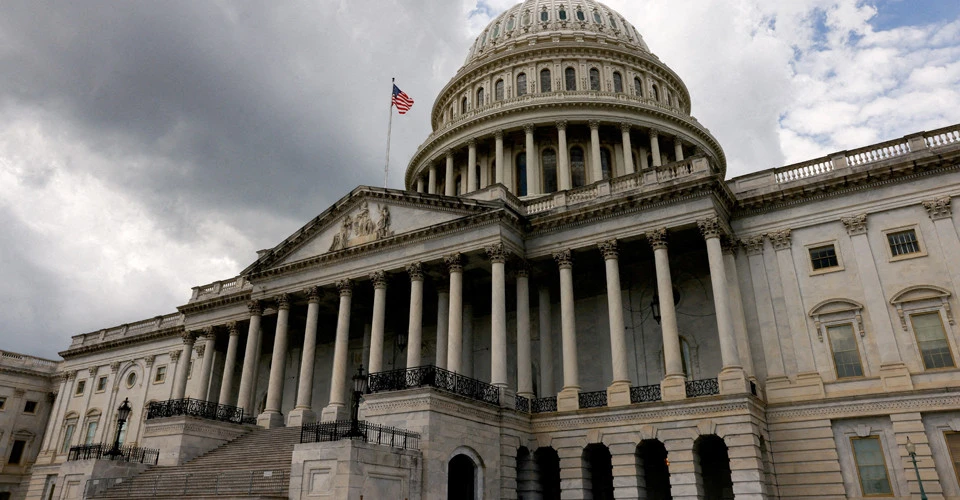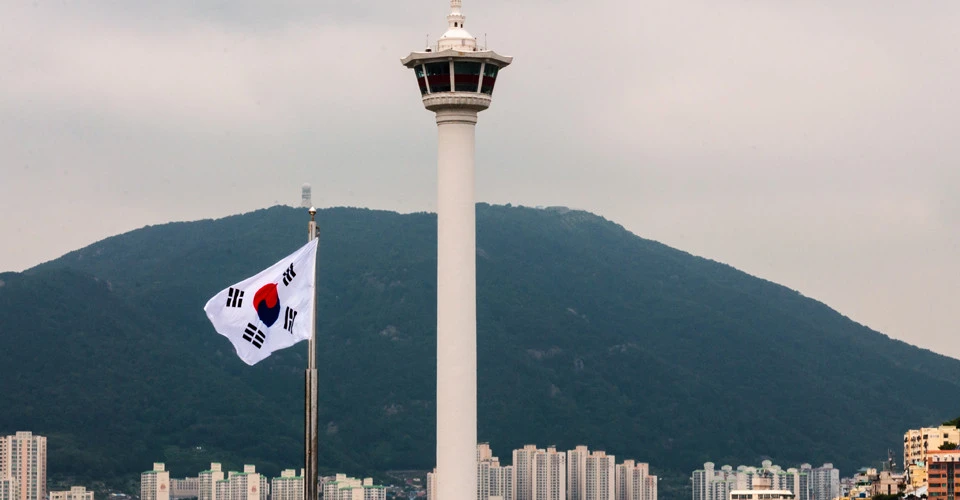Should we expect a big war on the Korean peninsula?
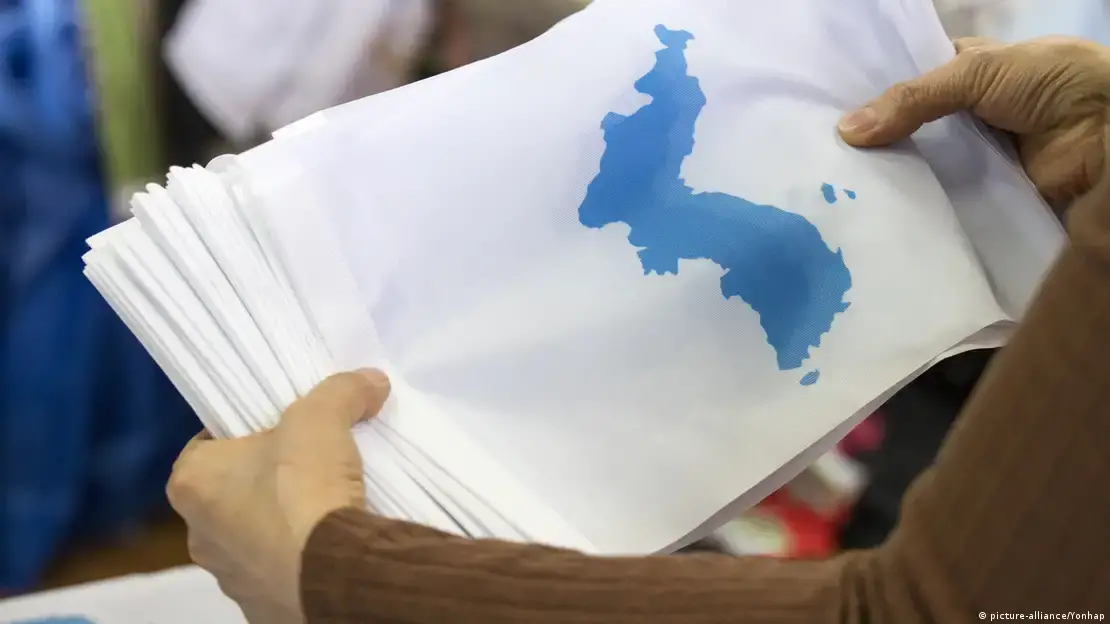
How the DPRK is trying to destabilize the situation in the region
In early January 2024, the DPRK fired into the buffer zone along its border with South Korea. Due to these military actions, some residents had to be evacuated on January 5, and the South Korean military began its own live-fire exercises.
On the eve of 2023, North Korea unilaterally abandoned a five-year agreement with South Korea to reduce military tensions. The DPRK began to rebuild the destroyed border posts, and Seoul responded in kind. Both countries also began active reconnaissance on the border. Pyongyang announced its intention to deploy more powerful troops and new weapons on the border. Soon after, North Korea began moving heavy military equipment close to the border.
But whether Pyongyang will escalate tensions into a full-scale war remains an open question, as the outbreak of such a large-scale war would entail the strengthening of the already existing sanctions.
Although North Korea is able to find ways to circumvent sanctions, this does not mean that they do not affect the country. Since the 1970s, sanctions evasion has become institutionalized in North Korea's economy. During that time, the country systematically engaged in smuggling through its diplomatic networks. This practice still exists today.
However, sanctions evasion and smuggling are high-risk and costly activities. North Korea, looking for ways to circumvent sanctions, has to pay large sums for the risk of purchasing, and also faces lower prices for export goods due to sanctions. Thus, while sanctions do not lead to a complete absence of trade, they reduce the benefits that North Korea can derive from such activities.
Even with evasive tactics, sanctions cause significant damage to the Korean economy. The country's total exports are estimated at only a few hundred million dollars annually, which is significantly less than its trade losses.
According to UN experts, in 2019, North Korea earned about $370 million from exporting coal in violation of the sanctions. This is only a small percentage compared to the $1.19 billion it earned from this type of export in 2016, before the imposition of tough sanctions.
In the event of a large-scale war, the DPRK certainly expects Western sanctions to be tightened, making Pyongyang even more dependent on russia and China, which in turn will call into question the country's ability to conduct large-scale hostilities.

